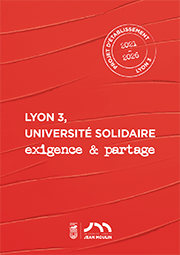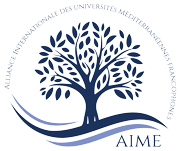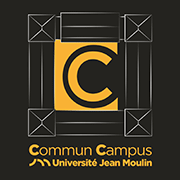AccueilRechercheProgrammes et productions scientifiquesThèsesThèses soutenuesThèses soutenues - 2006-2021Thèses soutenues - 2013
-
Partager cette page
- Recherche,
ADERGAL Anaïs
Le Contentieux civil en anesthésie-réanimation
Thèse de Droit - soutenue le 20 novembre 2013.
L’anesthésie-réanimation est une discipline qui n’a acquis son autonomie que récemment. Jadis sous la direction du chirurgien, l’anesthésiste-réanimateur est, comme son nom l’indique, au coeur d’une profession multidisciplinaire. Si l’acte anesthésique suppose, en aval, l’application de techniques de réanimation, l’inverse n’est pas systématiquement le cas. En effet, l’anesthésiste-réanimateur peut être confronté, dans sa fonction de réanimateur, à la problématique du prélèvement d’organes dont la pratique fait appel à la définition de la mort, définition nécessairement sujette à discussion. Par son objet même, le contentieux civil en anesthésie-réanimation est particulièrement vaste. Son étude mettra en évidence l’élaboration des normes encadrant la discipline, sur laquelle le contexte professionnel exerce une influence déterminante, leur mise en pratique par l’anesthésiste-réanimateur, puis leur adéquation au cas clinique par le juge civil, lorsqu’un patient exercera une action en responsabilité.
Anaesthetics and intensive care are closely linked in the French health care system and are always carried out by the same professional. Anaesthetics and intensive care thus form a common discipline which has acquired only recently its autonomy. Formerly under the direction of the surgeon, the anaesthetist is at the core of a multidisciplinary profession. If the anaesthetic treatment supposes, down the line, application of techniques of intensive care, the opposite is not systematically true. Indeed, the anaesthetist, taken as a member of an intensive care unit, can be confronted with the issue of organ removal which practice necessarily relates back to the difficult definition of death. Concerning its object itself, civil dispute regarding anaesthetics and intensive care covers a large-scale field. This in-depth study would highlight the drafting of norms ruling the discipline upon which the professional context has a decisive influence, then their practice by the anaesthetist itself, and finally their appropriateness to the clinical case as considered by the civil judge whenever a patient had brought legal action in
responsibility before a tribunal.
Mots-Clés : anesthesie / reanimation / responsabilité médicale
Keywords : anaesthetics / intensive care /action in responsibility
Directeur de thèse : Gilles DEVERS
Membres du jury :
- Christian AUBOYER, Professeur, Université Jean Monnet - Saint-Etienne
- Gilles DEVERS, Maître de conférences HDR, Université Jean Moulin Lyon 3
- Jean-Jacques LEHOT, Professeur, Université Claude Bernard - Lyon 1
- Pascal RUBELIN, Maître de conférences HDR, Université de Poitiers
Président du jury : Christian AUBOYER
Mention : Très honorable
Equipe d'accueil : GRAPHOS







